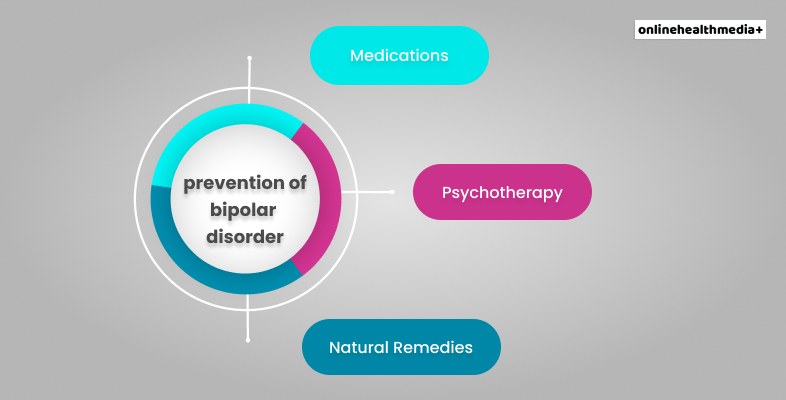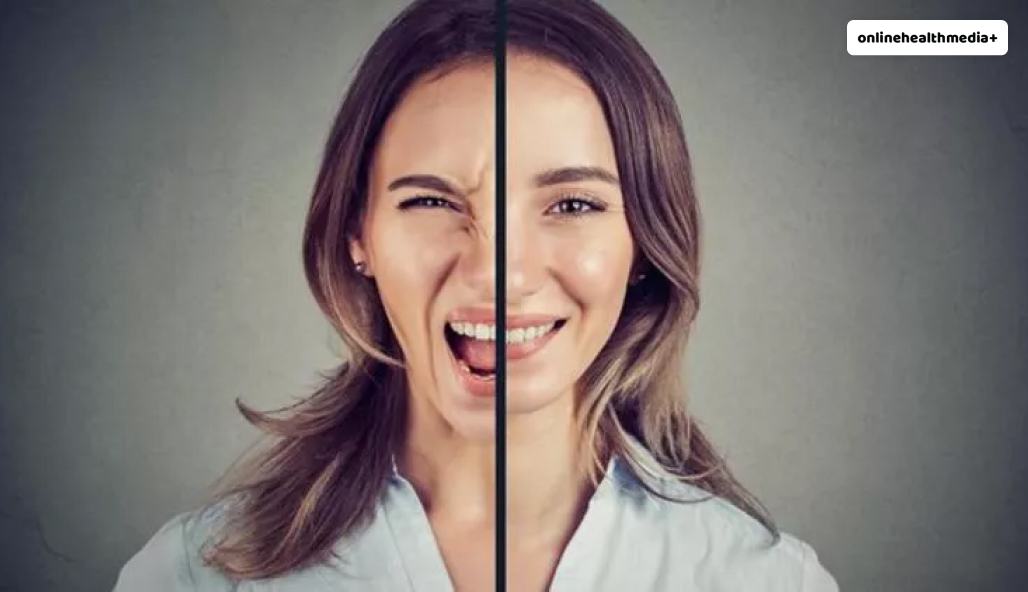What Is Bipolar Disorder? Symptoms, Treatment, And Prevention
Living in 2022, there is no way you have never heard about Bipolar Disorder. But that is not the problem I have with matters related to mental health. Instead, my problem is how people without knowing much about BPD keep drawing assumptions about possible victims.
If someone is acting a little impulsively, you can’t just come and say,
“Oh, you have BPD. Damn!”
This is where I have a problem. Disorders related to mental health are more common than you know, and the people who suffer from such issues worry about the same more than you know. Then there’s the whole diagnosed-undiagnosed issue. So it’s best not to make assumptions about mental health without any clear idea about how the same work out.
For instance, today, we will talk at length about one of the controversial mental health issues, popularly referred to as BPD. Then, we will find out everything related to BPD – from symptoms to treatment and prevention, scroll down for everything that you have to know about the same.
Bipolar Disorder: The Reality

So what is Bipolar Disorder? BPD can be simply defined as a condition that is characterized by constant fluctuations in mood. So people who suffer from BPD can be seen feeling really happy the entire day, and suddenly, they could start crying or get really irritated over something basic.
Already sounding similar? That is only normal because there are so many people we spot every day experiencing extreme shifts in their moods frequently. But that in no way means all those people are all afflicted with BPD. There are people who are impulsive by nature, and then there are people who are diagnosed with Bipolar Disorder.
There are two major symptoms of BPD. These are,
- Extreme episodes of elevated moods or mania,
- Extreme episodes of low moods or depression.
Previously BPD was referred to as bipolar disease or manic depression. In fact, BPD is not really an uncommon disorder. In fact, it’s so common that according to the National Institute of Mental Health, as many as five million people in the United States have BPD.
The saddest part about having BPD is it does not really have any cure, like ADHD. However, that does not mean BPD doesn’t have any effective treatment. These treatment alternatives can prove to be helpful for managing moody episodes, which in turn can boost not just symptoms but also the quality of living.
Am I Just Moody? Or Do I Have BPD? Maybe I have Both….

The confusion about BPD is pretty common – do I have it or not have it, that, my friend is the question. Is it just a mood swing, or is it something more, or is it a blend of both? The best way to solve this confusion is to check out the symptoms of bipolar disorder! All you need to do is simply scroll down and find out more about the same.
Symptoms Of Bipolar I :
Bipolar I can be defined by the presence of at least a single manic episode. Experiencing relatively less severe manic episodes known as hypomanic episodes, followed by a depressive period either after or before the manic episode.
The symptoms of the same are as follows,
- One manic episode lasting over an entire week,
- Symptoms affecting daily functioning,
- Symptoms that have nothing to do with some other mental health issue.
- You could also experience psychosis.
Symptoms Of Bipolar II:
Bipolar II can be defined by the presence of at least a single manic episode, followed by a hypomanic episode. In addition, a 2017 study pointed out how this disorder is more common in women than men!
The symptoms of the same are as follows,
- One hypomania episode lasting over four days,
- Any changes in mood related to hypomania,
- Any major depressive periods lasting over two weeks,
- Symptoms that have nothing to do with some other mental health issue,
- Any symptoms of major depression or hypomania.
Symptoms Of Cyclothymia:
Anyone suffering from Cyclothymia will also suffer from both depression and hypomania. But these symptoms will be far less severe in nature as compared to the other types of Bipolar Disorder mentioned above.
The symptoms of Cyclothymia are as follows,
- You might not experience any mood swings for an entire month or two,
- Symptoms that have nothing to do with some other mental health issue.
Bipolar Disorder: Prevention Better Than Cure?

Now that you have a fair knowledge of bipolar disorder symptoms wondering about the preventive measures is only natural, considering there’s no cure to date. Yes, there are certain treatements but they are not your usual permanent solution when it comes to BPD.
Here’s what you can do!
- Medications
- Psychotherapy
- Natural remedies
1. Medications:

Before opting for medications, you will need bipolar disorder test results. But if your doctor does prescribe you medications then opt for the options mentioned below,
- Mood stabilizers,
- Antipsychotics,
- Antidepressant-antipsychotics, and
- Benzodiazepines.
2. Psychotherapy:

There are several approaches to psychotherapy. These alternatives are as follows,
- Cognitive behavioral therapy,
- Psychoeducation,
- Social rhythm and interpersonal therapy.
3. Natural Remedies:

Bipolar disorder can also be treated with the help of several natural remedies. These options for natural remedies are as follows,
- Rhodiola rosea,
- S-adenosylmethionine, and
- Omega-3.
Frequently Asked Questions (FAQs):
Unfortunately there’s no proven cure for Bipolar Disorder. Yes there are effctive methods of controlling the same but till date there is no cure as such for the same. We don’t know yet what primarily causes BPD – so preventing it or curing it are all ideas that are still being discussed.
The main treatments of bipolar disorder as as follows,
1. Antidepressant-antipsychotic,
2. Antidepressants,
3. Mood stabilizers,
4. Antipsychotics, and
5. Anti-anxiety medications
Till date, scientists haven’t been able to prove what exactly causes bipolar disorder. But if they have been able to identify one reason, it’s genetics. Genes are a big reason as to why BPD can run into family on the basis of heredity.
A Personality Disorder, Not A Disease:
The problem with mental health disorders are that society have looked at the same as social stigmas for way too long. As a result, most people refer to any mental health condition as a disease – that is exactly what needs to change.
Yes, your mental health conditions like Bipolar Disorder, Anxiety are valid – these are disorders, not diseases! Don’t forget to let us know your thoughts on the same in the comments below.
Read More:
• What Are Antibiotics? How Does It Work?
• What Is Arthritis? Symptoms,Treatment, And Prevention
• What are Bug Bites? Know About The Types And Symptoms
